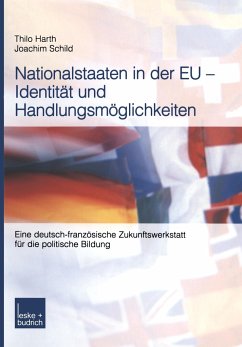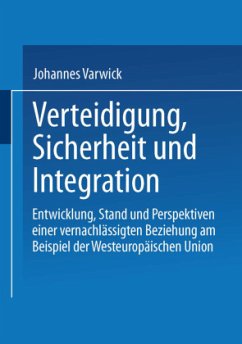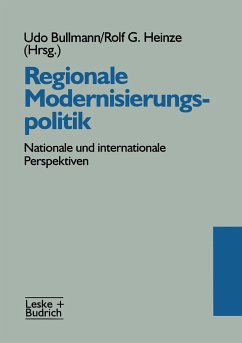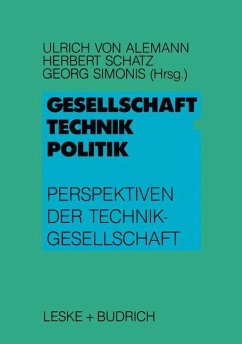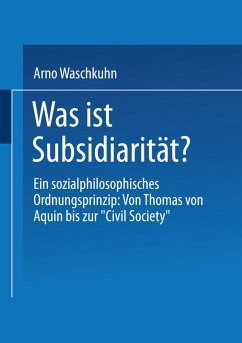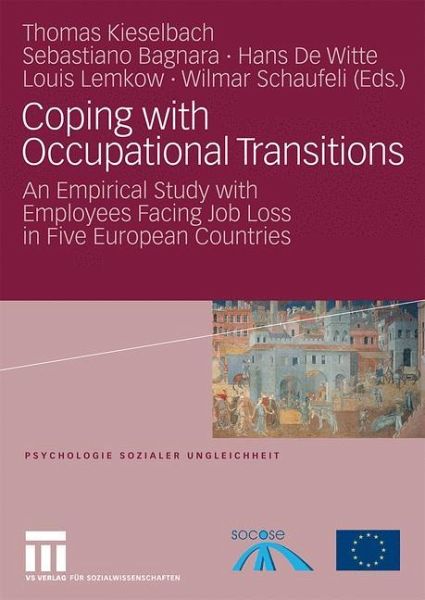
Coping with Occupational Transitions
An Empirical Study with Employees Facing Job Loss in Five European Countries
Herausgegeben: Kieselbach, Thomas; Bagnara, Sebastiano; De Witte, Hans; Lemkow, Louis; Schaufeli, Wilmar

PAYBACK Punkte
0 °P sammeln!
This volume assembles the main results of the EU research project "Social Convoy and Sustainable Employability: Innovative Strategies for Outplacement/Replacement Counselling" (SOCOSE) supported by GD Research of the European Commission (FP 5) in the programme "Improving the Socio-Economic Knowledge Base". The project was co-ordinated by Thomas Kieselbach from the University of Bremen.The project is based on interdisciplinary research from five countries (Belgium, Germany, Italy, Spain, and The Netherlands), in which psychologists and social scientists analysed approaches of occupational trans...
This volume assembles the main results of the EU research project "Social Convoy and Sustainable Employability: Innovative Strategies for Outplacement/Replacement Counselling" (SOCOSE) supported by GD Research of the European Commission (FP 5) in the programme "Improving the Socio-Economic Knowledge Base". The project was co-ordinated by Thomas Kieselbach from the University of Bremen.
The project is based on interdisciplinary research from five countries (Belgium, Germany, Italy, Spain, and The Netherlands), in which psychologists and social scientists analysed approaches of occupational transition counselling in the sense of a "social convoy" in the course of dismissal until successful reintegration into the labour market. The empirical research is based primarily on interviews with 250 employees who were affected by changing work environments ("insecure jobs") or who had previously lost their jobs and had found new employment through the help of outplacement/ replacement counselling ("successfully reemployed"). They were questioned with regard to their experiences, expectations and evaluation of the transition period also under the perspective of experienced injustices.
For each country innovative cases of good practice are analyzed where social actors joined in order to cope with redundancy, where specific strategies were developed, e. g. targeting vulnerable groups, or where employers expressed their social responsibility towards dismissed employees in a way that could set an example for the European debate.
The project is based on interdisciplinary research from five countries (Belgium, Germany, Italy, Spain, and The Netherlands), in which psychologists and social scientists analysed approaches of occupational transition counselling in the sense of a "social convoy" in the course of dismissal until successful reintegration into the labour market. The empirical research is based primarily on interviews with 250 employees who were affected by changing work environments ("insecure jobs") or who had previously lost their jobs and had found new employment through the help of outplacement/ replacement counselling ("successfully reemployed"). They were questioned with regard to their experiences, expectations and evaluation of the transition period also under the perspective of experienced injustices.
For each country innovative cases of good practice are analyzed where social actors joined in order to cope with redundancy, where specific strategies were developed, e. g. targeting vulnerable groups, or where employers expressed their social responsibility towards dismissed employees in a way that could set an example for the European debate.






